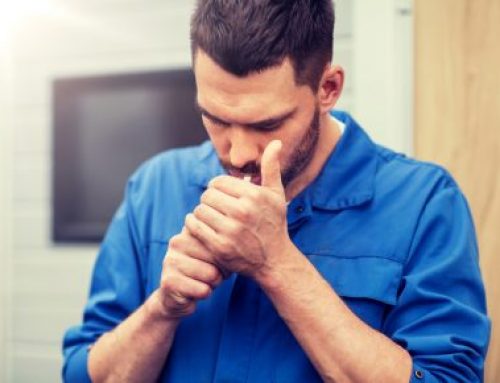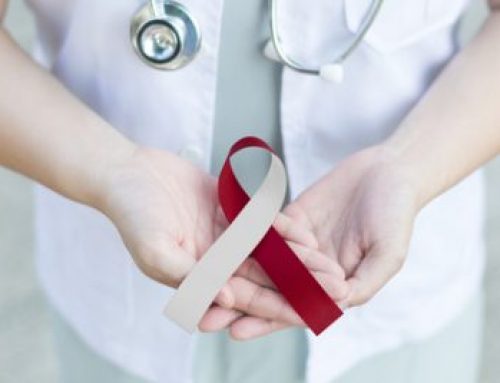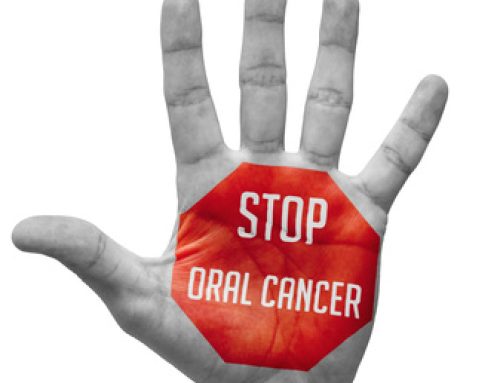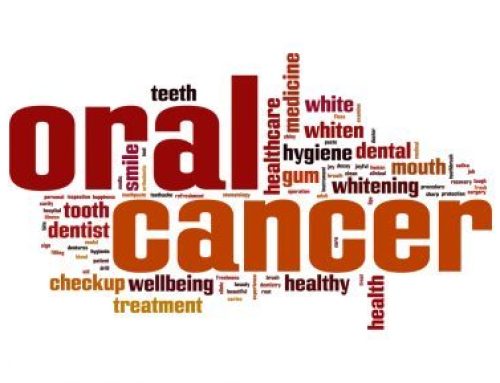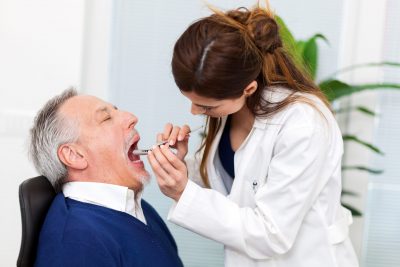 Cancer has a major impact on society not only in the United States, but in the world at large. This deadly disease is currently highly prevalent, affecting millions of people across the globe. In fact, it is estimated that at least 39.5% of men and women will be diagnosed with some type of cancer at some point during their lifetime! Cancer remains the leading cause of death globally.
Cancer has a major impact on society not only in the United States, but in the world at large. This deadly disease is currently highly prevalent, affecting millions of people across the globe. In fact, it is estimated that at least 39.5% of men and women will be diagnosed with some type of cancer at some point during their lifetime! Cancer remains the leading cause of death globally.
What is cancer of the mouth?
Most people have probably heard of cancer affecting certain parts of your body, including breasts, lungs, or even testicles. But it is worth noting that cancer can affect any part of your body, including your mouth, tongue, cheeks, and throat.
So, who is at risk of mouth cancer?
It is worth noting that mouth cancer can affect anyone, regardless of their age, gender, or whether they have their own natural teeth or not. However, research shows that the condition is more prevalent among individuals in their 40s, particularly men. But this doesn’t entirely imply that mouth cancer can’t affect younger people. In fact, there are at least 640,000 cases of oral cancer diagnosed globally each year and it is the most common form of cancer. In America alone, there are around 43,000 cases each year.
In some parts of the world, particularly in India, there is an increased risk of mouth cancer because of problems such as tobacco use. In the U.K, there are approximately 7,800 new cases of mouth cancer diagnosed annually. The number of new incidences of oral cancer is on the rise, and has increased by more than half in the UK during the past ten years alone!
So, what causes mouth cancer?
Studies have linked mouth cancer to increase tobacco use and alcohol consumption. Cigar, cigarette, and pipe are the major types of tobacco use in most parts of the globe. But the conventional habits in certain traditions of tobacco chewing, gutkha, quid, and paan can be highly dangerous.
Alcohol enhances your risk of oral cancer, and if tobacco and alcohol and used together, your risk of mouth cancer becomes even higher. Increased exposure to sunlight can also enhance your risk of cancer of the lips.
Recent studies have associated mouth cancer with the human papillomavirus, HPV. In case you were not aware, HPV is the primary cause of cervical cancer and affects the skin that lines your body’s moist parts.
HPV can be transmitted via oral sex, and studies reveal that it could soon join drinking and tobacco use as the leading causes of oral cancer. Engaging in safe sex and minimizing the number of your sex partners can help limit your chances of contracting HPV. A significant number of people acquire HPV in their lifetime, and usually, it doesn’t result in any issue.
Today, there are HPV vaccines for both males and females. These vaccines were developed to offer protection against cervical cancer, but the chances are that they may also help reduce mouth cancer incidences. These vaccines are offered at age twelve to thirteen before one starts engaging in intercourse.
So, what are the common signs of mouth cancer?
Oral cancer can occur in various forms and can also affect all parts of your mouth, lips as well as tongue. Oral cancer may appear as a painless mouth ulcer that doesn’t heal as you would expect. A red or white patch in your mouth can also potentially become cancerous. You should be watchful of any unusual lumps in either your mouth or jaw are as well as any unending hoarseness. You are strongly advised to schedule an appointment with your dentist if these symptoms fail to subside within a few weeks. And if you are not sure, just visit your dentist for a general assessment anyway!
How can you detect oral cancer early?
Mouth cancer is usually easy to identify even in its early stages by your dental team during a complete examination of your mouth. And if the condition is diagnosed early enough, the chances of it getting cured are very high. Most oral cancer patients go to their dental specialists when it’s too late!
What can you do to help identify the disease earlier?
You should ensure you know what’s going on inside your mouth. And this means routinely examining your mouth for any abnormalities. In this regard, ulcers that don’t heal within a few weeks, any unusual white or red patches, lumps in your jaw, or the neck region all unending hoarseness should all warrant immediate medical attention. As already explained, early diagnosis of the disease could potentially save your life.
So, does a complete mouth examination involves?
During this particular procedure, your dentist will examine the inner parts of your mouth including the tongue using a small, special mirror. The assessment will also evaluate your neck and below your jaw. Dental experts conduct this procedure as part of a regular dental checkup.
So, what will happen if my dentist identifies an issue?
If there is something abnormal about your oral health, your dentist may refer you to a consultant at the same hospital, who will conduct a thorough evaluation of your mouth as well as throat. A small sample of the cells may be extracted from the area through a biopsy, and these cells will be further examined to help identify the problem.
So, what happens after this?
If the cells are revealed to be cancerous, more tests will be conducted, including blood tests, overall health evaluations as well as scans or X-rays. These exams will ensure the best type of treatment is chosen.
Is there a cure for oral cancer?
As already explained, if the condition is spotted early enough, the chances of a complete cure are relatively high, and also, the smaller the ulcer the better the chance of a cure. But most oral cancer patients usually come out when it’s too late, hampering their chances of survival.
What can I do to ensure my mouth remains healthy at all times?
There are a few things you can do to keep oral cancer at bay, including quitting smoking, minimizing your intake of alcohol, and eating a balanced, healthy diet that features at least five portions of vegetables and fruits daily. It will not only help minimize your chances of oral cancer but other forms of cancers and illnesses as well. Schedule routine appointments with your dentist, as regularly as he/she recommends.
If you are looking for a dentist, HPS Advanced Dental Care would love to see you. Dr. Heather is gladly accepting new patients.
We are located at 4741 24 Mile Rd. Shelby Township, MI 48316, and we can be reached at (248) 652-0024. We look forward to meeting you!

